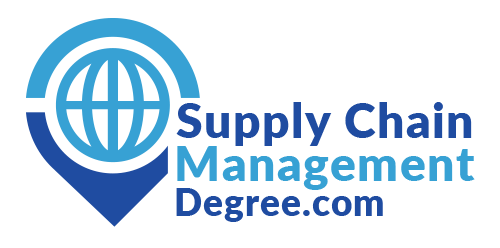Navigating Real-World Challenges in Supply Chain Management
In the world of supply chain management, theory provides a solid foundation, but it’s real-world experience that truly tests our knowledge and skills. From unexpected disruptions to evolving consumer demands, supply chain professionals are constantly faced with a myriad of challenges that require creative solutions and strategic thinking. In this blog, we’ll explore some of the most common real-world challenges in supply chain management and strategies for overcoming them.
Supply Chain Disruptions
Whether it’s natural disasters, geopolitical events, or global pandemics, supply chain disruptions are an unavoidable reality in today’s interconnected world. These disruptions can have far-reaching effects, causing delays, shortages, and increased costs throughout the supply chain. To mitigate the impact of disruptions, supply chain professionals must develop robust contingency plans, diversify their supplier base, and invest in technology that enables real-time visibility and agility.
Inventory Management
Balancing inventory levels to meet customer demand while minimizing carrying costs is a perennial challenge in supply chain management. Stockouts can result in lost sales and dissatisfied customers, while excess inventory ties up capital and increases storage costs. Effective inventory management requires sophisticated forecasting techniques, demand planning, and inventory optimization strategies to ensure the right products are available in the right quantities at the right time.
Supplier Relationship Management
Building and maintaining strong relationships with suppliers is essential for a smooth-running supply chain. However, managing supplier relationships can be challenging, particularly when dealing with a large number of suppliers located across the globe. Effective supplier relationship management involves clear communication, collaboration, and transparency, as well as regular performance evaluations and risk assessments to ensure continuity of supply and quality.
Transportation and Logistics
Optimizing transportation and logistics is critical for ensuring the efficient movement of goods from suppliers to customers. Rising fuel costs, capacity constraints, and changing regulations pose significant challenges for supply chain professionals tasked with managing transportation networks. To overcome these challenges, organizations must leverage technology solutions such as transportation management systems (TMS) and route optimization software to streamline operations, reduce costs, and improve delivery performance.
Demand Volatility
Fluctuations in consumer demand can wreak havoc on supply chain planning and forecasting efforts. Seasonal trends, promotional activities, and sudden shifts in consumer preferences can lead to demand volatility, resulting in excess inventory or stockouts. Supply chain professionals must develop agile, demand-driven supply chain strategies that can quickly adapt to changing market conditions, leveraging data analytics and predictive modeling to anticipate demand fluctuations and optimize inventory levels.
Sustainability and Ethical Sourcing
As environmental and social responsibility become increasingly important considerations for consumers and stakeholders, supply chain professionals are under pressure to ensure sustainability and ethical sourcing throughout their supply chains. This includes reducing carbon emissions, minimizing waste, and ensuring fair labor practices and ethical sourcing of raw materials. Organizations must integrate sustainability principles into their supply chain strategies, working closely with suppliers to drive positive environmental and social impact while maintaining cost efficiency and profitability.
From navigating supply chain disruptions to optimizing inventory management and addressing sustainability concerns, supply chain professionals face a myriad of challenges in today’s complex and interconnected world. By embracing innovation, leveraging technology, and fostering collaboration across the supply chain, organizations can overcome these challenges and drive sustainable growth and success in the ever-evolving field of supply chain management.



